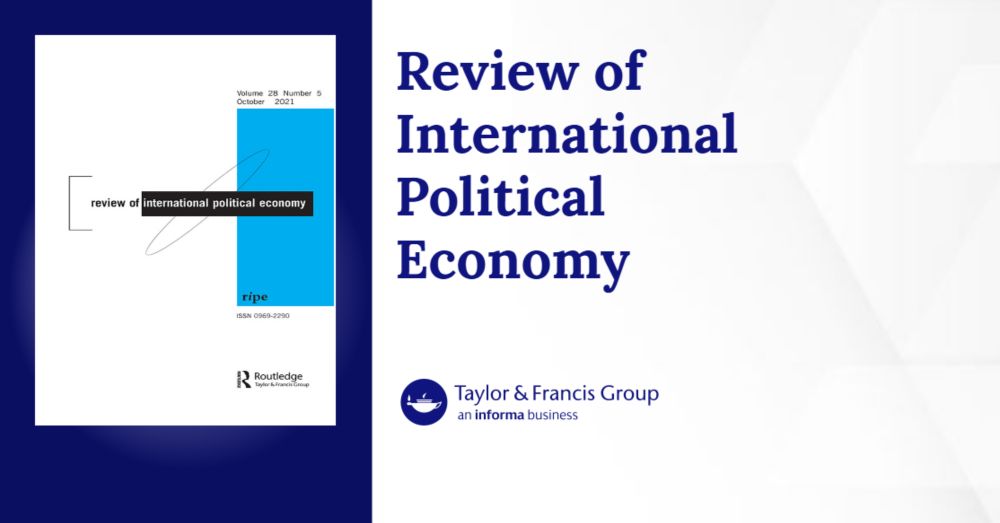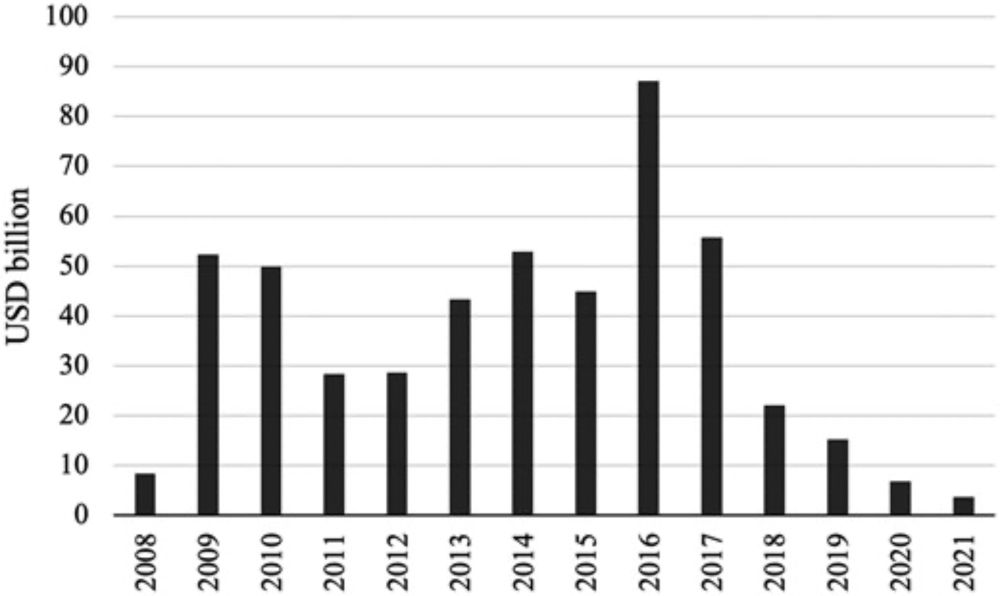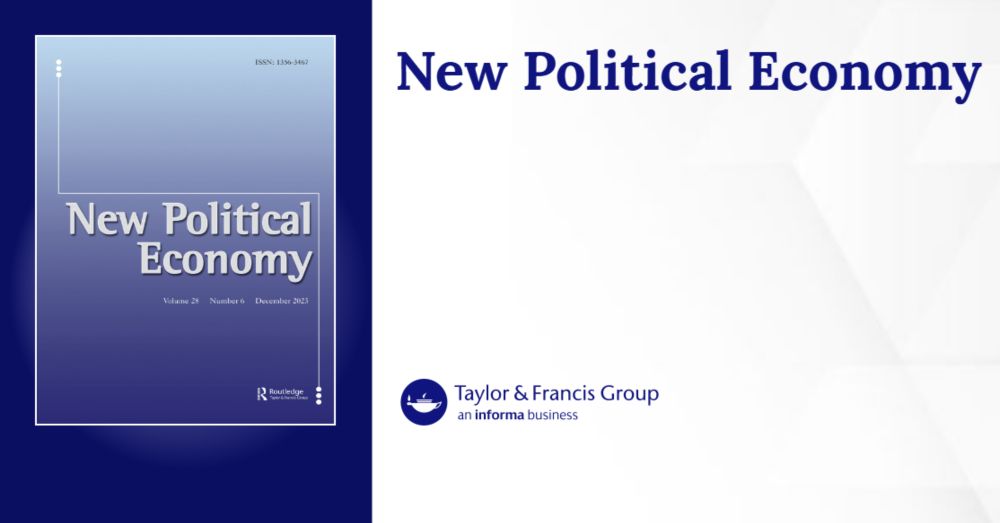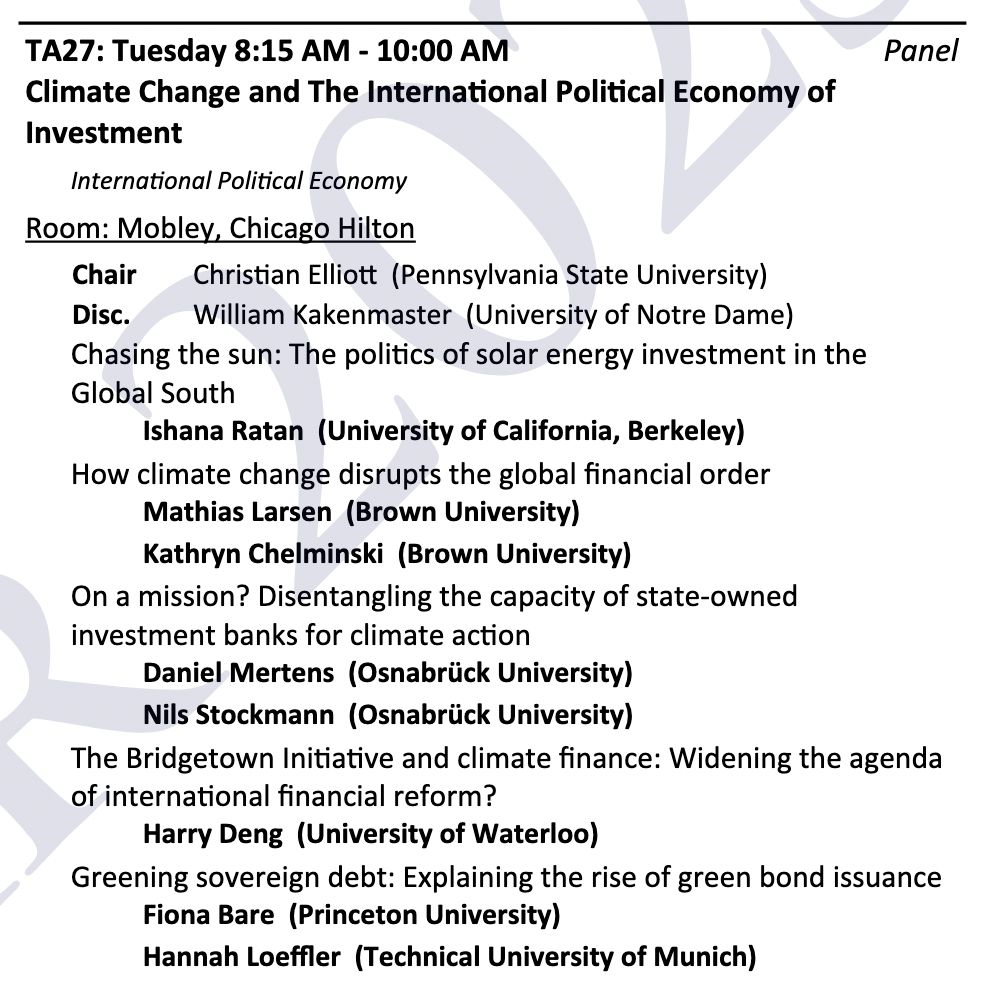Mathias Larsen
@mathiaslarsen.bsky.social
190 followers
190 following
16 posts
Postdoc at Brown University's Watson Institute. Working on the political economy of financing green transition in China and other global South countries
Posts
Media
Videos
Starter Packs
Reposted by Mathias Larsen
Mathias Larsen
@mathiaslarsen.bsky.social
· Jul 15

The archetype of a ‘big green state’? What China tells us about green macrofinancial regimes
Driven by the urgency of the climate crisis, political economists are debating how the state can best ensure financing for a green transition. Providing a conceptual scaffolding for discussing diff...
doi.org
Mathias Larsen
@mathiaslarsen.bsky.social
· Jun 30

What other countries can learn from how China financed a green transformation
China's green transformation has come about more from financing green than greening finance, write <strong>Calvin Quek</strong> and <strong>Mathias Larsen</strong>
www.environmental-finance.com
Mathias Larsen
@mathiaslarsen.bsky.social
· May 31
Reposted by Mathias Larsen










